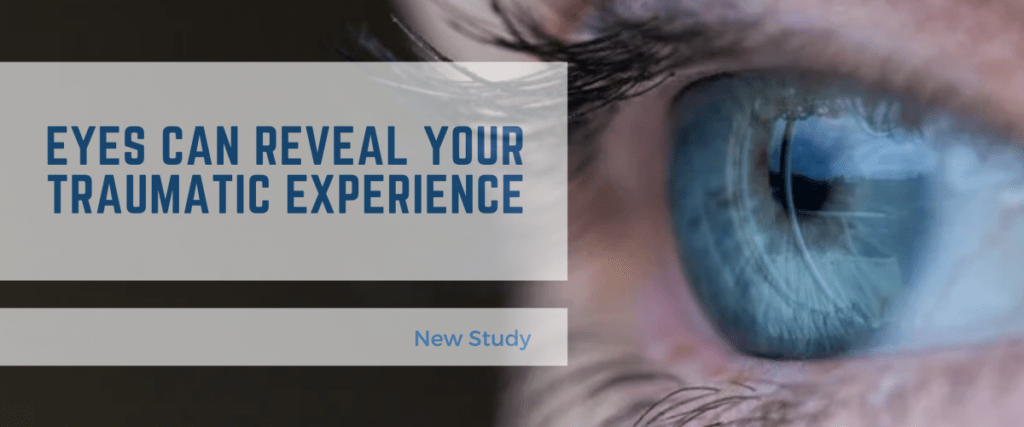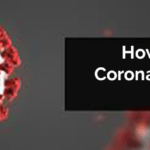“Eyes really are windows to the soul”. A new study by Welsh researchers has discovered that post-traumatic stress disorder (PTSD) can mark physical traces on a patient’s eyes which appears the statement is true.
What is post-traumatic stress disorder (PTSD)?
PTSD is an anxiety disorder caused by very stressful, frightening, or distressing events. These can include road accidents and personal abuse.
Someone suffering from PTSD may be left with flashbacks or nightmares of experienced trauma. This can often lead to insomnia and the inability to switch off and relax.
The Research
The researchers, led by Dr. Aimee McKinnon at Cardiff University, looked for traces of these traumatic events in the eyes of patients with PTSD. The pupils were measured while shown threatening images such as fierce animals or weapons, neutral events, or even pleasant images.
They found the response of people with PTSD was significantly different from the exaggerated response when compared to non-PTSD people.
The pupils of those with PTSD failed to show the sharp constriction of pupils when light levels change. However, when shown emotional stimuli their pupils grew even larger than those of the other participants.
How do these findings help?
Dr. McKinnon suggests that these findings will help us to understand that people with PTSD are automatically primed for threat and fear responses in any uncertain emotional context, and this could help to develop new therapies for PTSD.
Clinicians have to understand this impact of positive stimuli in order to support their service-users to overcome the significant challenges they face. And those behind the study said it could be useful in diagnosis and treatment.
OpenMindsCenter can help people suffering from PTSD
Openmindscenter provides EMDR (Eye Movement Desensitisation and Reprocessing) which is as effective as TF-CBT but achieve results more quickly. EMDR method of trauma treatment involves the way in which memory and beliefs are followed quite different.
Our accredited trained therapists will be able to guide you through the process of thinking about the traumatic event in a safe, healthy processing way.
If you or someone you know is experiencing symptoms of PTSD, please contact us for help.



